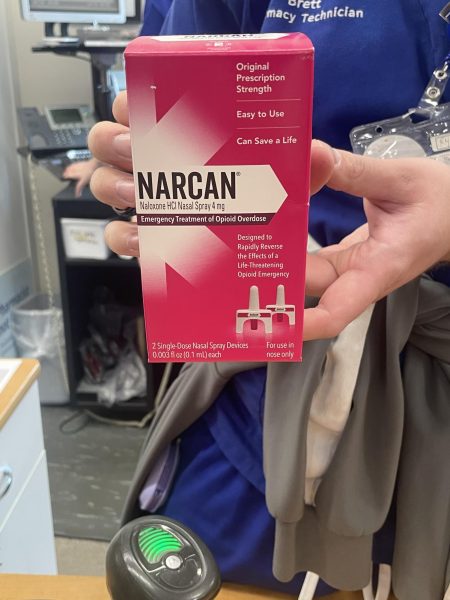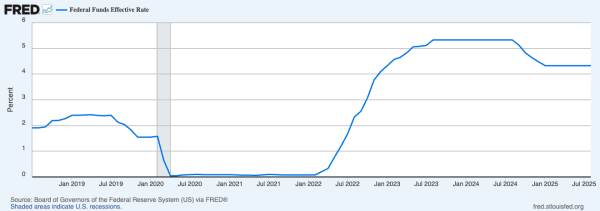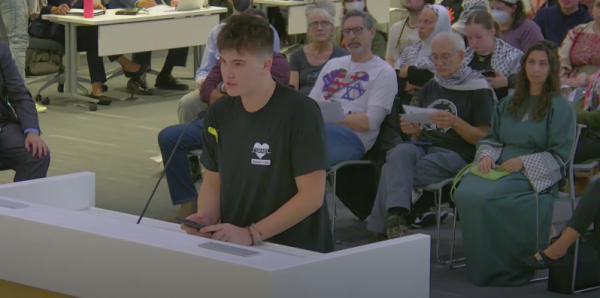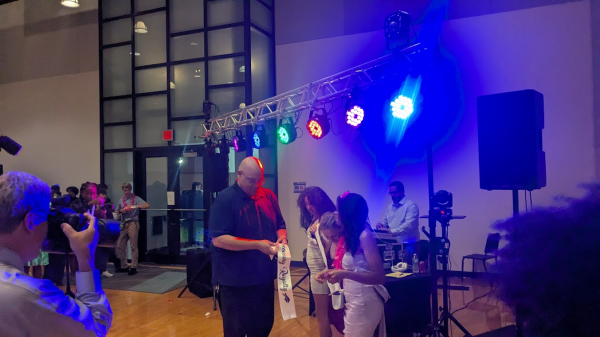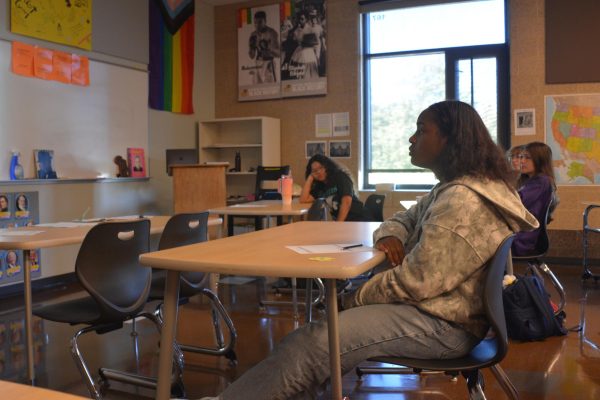Discovering Identity, Preserving Privacy
On the risks and rewards of DNA testing
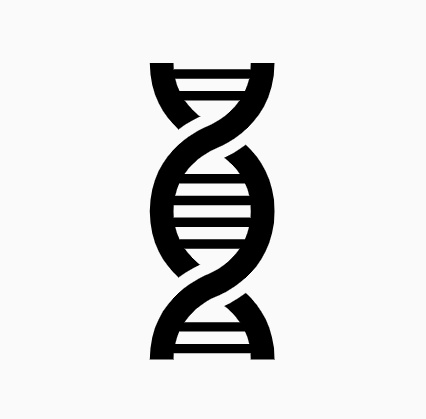
Image by Darrin Higgins via thenounproject.
In early December, I spit into a tube and waited eagerly for a lab in Burlington, North Carolina to tell me where I’m from.
A few minutes later, I spit into another tube, and waited for a lab in Marlborough, Massachusetts to tell me where I’m from.
You may think this is insane, being that the definition of insanity is doing the same thing over again and expecting different results, but I promise, it’s not insane.
Let me elaborate. As a child of immigrants, I often wonder where I come from. Even though I know about the past few generations in my family, it can be hard to get a full picture of where I’m from.
A few years ago, cousins of my grandparents used the DNA testing company 23andMe to discover where they originally come from, with the chance of finding living relatives around the world. While they thought their results would not reveal anything interesting, after receiving the results, they discovered many things they did not know about themselves.
Two and a half years after hearing this story, I finally convinced my parents to get our DNA tested. Not only was I curious about my roots, I was also interested to see whether or not there would be discrepancies between different DNA analysis companies. While my family used 23andMe to get their DNA tested, I sent my DNA to both 23andMe and another company called AncestryDNA.
The process of sending DNA to each company was very similar: create an account on the company’s website, order a DNA kit, spit into the tube they send you, send your spit back to them, receive email updates about the status of your DNA, then finally receive the results via the website.
I wanted to compare 23andMe with AncestryDNA to see which one was better. In the end, I discovered that they were so different that one wasn’t better than the other; they were just good for different things.
After about 3-4 weeks, we received our results (first from 23andMe), which told us that we were all around 99% Ashkenazi Jewish. This was to be expected, but it was still nice to have those speculations reaffirmed. Most of the information 23andMe was able to provide was related to our maternal and paternal haplogroups (a genetic population group of people who share a common ancestor). While this information is interesting, it isn’t very practical.
My experience with AncestryDNA was a little bit different. The results took a bit longer to get to me (about 5 weeks), but the wait was worth it.
Once I saw the results, I noticed that the website was much easier to navigate, and it gave me specific information about each of the countries to which they could trace my ancestry, and I could click through each country and see paragraphs of history that explained why I might be from those countries.
The 23andMe results gave regions and not much explanation as to why the results might be what they were, so it was nice to see that kind of detail on AncestryDNA.
I’m not telling you whether or not to get your DNA tested, because that’s a personal choice. But I can testify that it can be a rewarding experience.
I’ve always been an inquisitive person, so being able to explore my DNA was exciting. In addition to this, I got to share this experience with my family and it was especially interesting to see the results that my grandparents got, and how those compared to my mom’s, my sister’s and my own.
That being said, It’s not something that everyone has to do; in fact, if you know where you come from, it could be a waste of money.
A medical student named Genevieve Rajewski recently published an article in a Tufts University publication, Tufts Now, where a medical student discussed the ethics, accuracy and emotional side of DNA testing.
Rajewski quotes her niece after she received a DNA kit.
“She said that, being half African American, she longed to know what region of Africa her ancestors had come from.”
Rajewski also states that some of her family members were concerned about the safety and ethics of DNA testing.
“Other family members voiced concerns about whether her genetic information and material would be sold to the highest bidder, to be used for research—or worse.”
After reading this, I decided to interview anatomy and biology teacher Alex Paulchell. Together, we discussed the ethics, advantages and disadvantages of DNA testing.
Paulchell emphasized the importance of the individual’s control of their own genetic information.
“I think it is ethical so long as its voluntary. If you’re choosing to have your genes tested or your DNA read, I think it is ethical,” he said. “If there are certain restrictions in place”.
Paulchell feels that it may be necessary to regulate corporations that have access to individuals’ genetic information.
“We’re entering an age of genetic medicine and genetic identity where we’re going to have to protect people from corporations, [so the corporations] are unable to sell your information,” he said.
“I think we’ll need to have better, stronger, more specific laws regarding genetic identity,” he added.
One of the biggest issues discussed in the news is the accuracy of these tests. The tests can be quite expensive (ranging from about $50-$200) and many people are concerned about spending money on something that might be inaccurate.
Paulchell believes that these companies are mostly accurate.
“They look for patterns that mutated or arose in certain regions of the world,” he said. “So, in Sub-Saharan Africa, there are regions with different chromosomes that are very unique to Sub-Saharan Africa, and if you have those repeats, then you must have had an ancestor who evolved out of that part of the world. They’re just matching sequences that are unique to global regions.”
Additionally, researchers are constantly discovering ways to be more accurate and specific in their analysis.
“The diversity of the human population means there are sequences that we haven’t recognized yet,” Paulchell said. “The human genome is made up of 3 billion base pairs in the average [person], so there are so many repeats that we have to notice and be familiar with that we’re just learning about more and more of them.”
While my family only tested ourselves for our ancestry, many people choose to have their DNA tested for health risks, as well. This has its own benefits and risks that go along with it.
“I think being able to understand what sort of medical or health conditions you’re predisposed to allows you to make better choices and to plan for your own future in a smarter way,” Paulchell said. “Conversely, some people can’t handle that kind of information… knowing what they’re predisposed to wrecks their mental health and [causes] anxiety.”
DNA testing is an extremely personal choice – one that requires a lot of thought. As DNA testing becomes a more popular way for people to discover their identities, the controversy surrounding the topic also increases. While this was a good experience for me, the disadvantages may outweigh the advantages for someone else.
As we enter a new age of genetic identity, discovering your ancestry and connecting with your family can be an amazing bonding experience. Just remember to read the privacy policy.

Bridgitte Feldman (she/they), class of 2021, began writing for the Beachcomber in 2018. She is interested in covering psychological, scientific and a variety...



